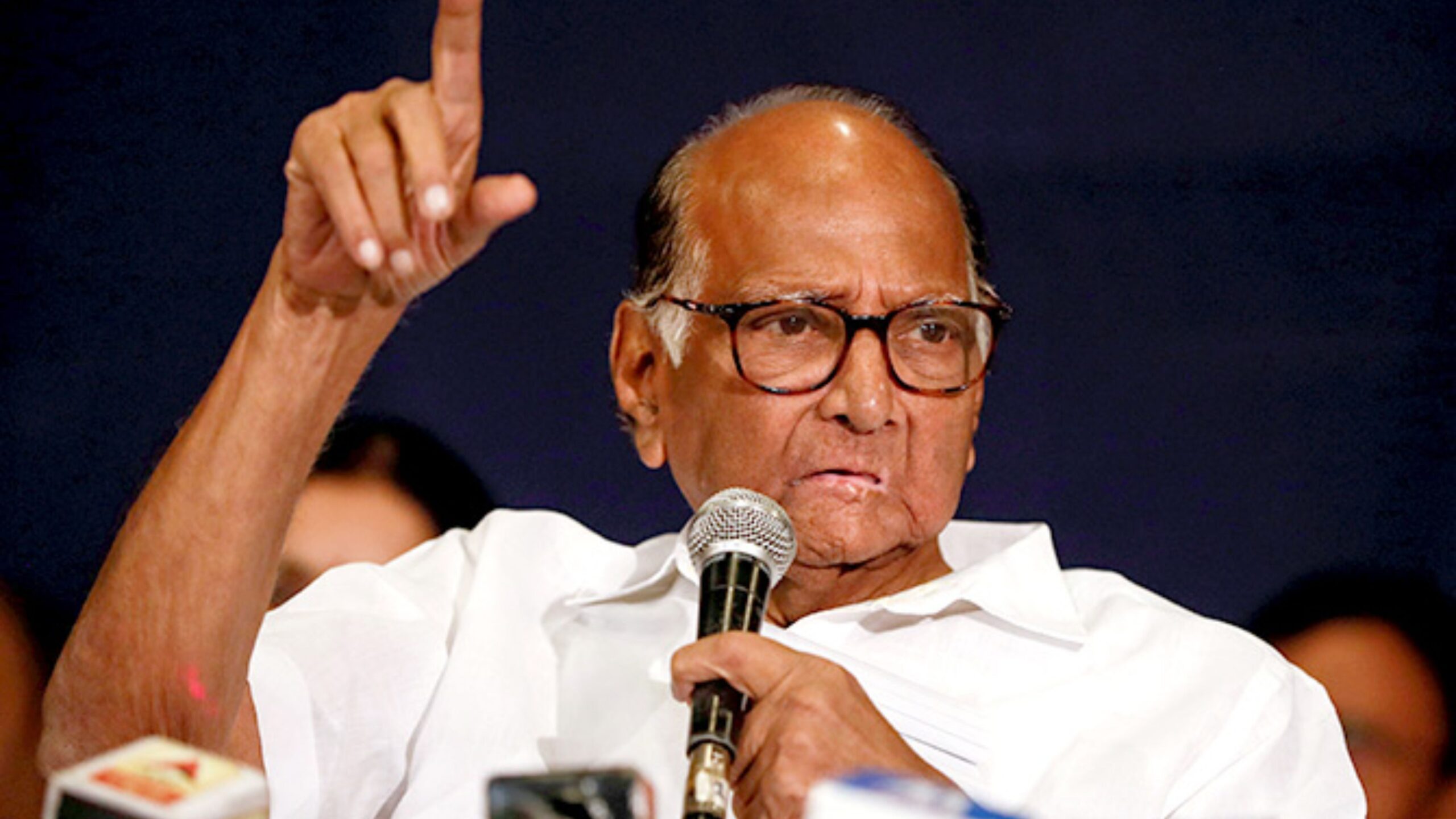NCP (SP) chief Sharad Pawar recently emphasized the historical significance of Koregaon Bhima, a site in Maharashtra’s Pune district known for its symbolic importance in the context of social justice and the sacrifices made by various communities. He articulated his concerns regarding the ongoing attempts by certain communal elements to distort or erase the history associated with this landmark.
Koregaon Bhima holds a special place in Indian history, particularly in the narratives surrounding the Dalit community. The site commemorates the Battle of Koregaon, fought on January 1, 1818, where a small contingent of British troops, including many from the Mahar caste, defeated a larger Peshwa army. This battle is often viewed as a significant moment of resistance against oppression and has since become a symbol of Dalit pride and identity.
Pawar pointed out that the Maharashtra government recognized the need to address the tensions surrounding this history by establishing the Koregaon Bhima Inquiry Commission in February 2018. This commission, led by former high court Chief Justice JN Patel, was tasked with investigating the violence that erupted during the bicentenary celebrations of the battle in January 2018, which resulted in widespread unrest and a series of legal and social repercussions.
In his statement, Pawar recounted his own experience with the inquiry, revealing that he had been summoned to testify before the commission. During the cross-examination, he alleged that certain individuals sought to coerce him into making statements that aligned with their narrative. He firmly rejected such attempts, reiterating that the true history of Koregaon Bhima is one of sacrifice, resilience, and collective struggle for justice. He condemned the efforts by some communal factions to manipulate this historical narrative for their own ends, asserting that such actions not only threaten the legacy of those who fought and died for equality but also undermine the ongoing struggles of marginalized communities in contemporary India.
Pawar’s remarks come at a time when issues of caste and communalism are increasingly intertwined in political discourse. He called for a united front to preserve the integrity of historical narratives that celebrate diversity and promote social harmony. The battle at Koregaon Bhima, he argued, should be remembered not only as a military engagement but as a poignant reminder of the fight against systemic oppression and the importance of acknowledging the sacrifices made by those who sought justice and equality.
In conclusion, Pawar’s comments underscore the need for vigilance in protecting the historical narratives that honor the struggles of marginalized groups, especially in an era marked by rising communal tensions. He urged all stakeholders, including the government and civil society, to engage in constructive dialogue and education about the significance of Koregaon Bhima, ensuring that the sacrifices of the past continue to inspire future generations in the quest for a more equitable society

















